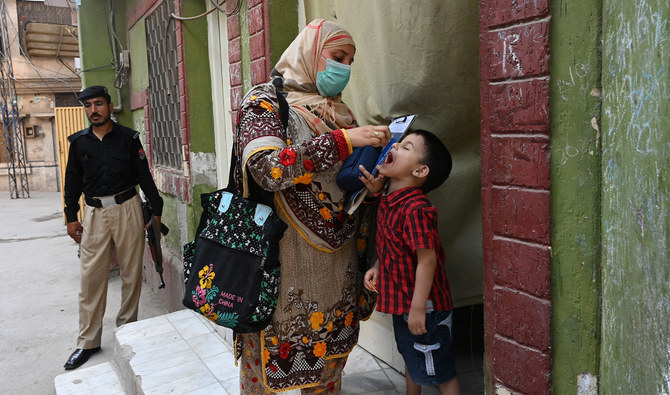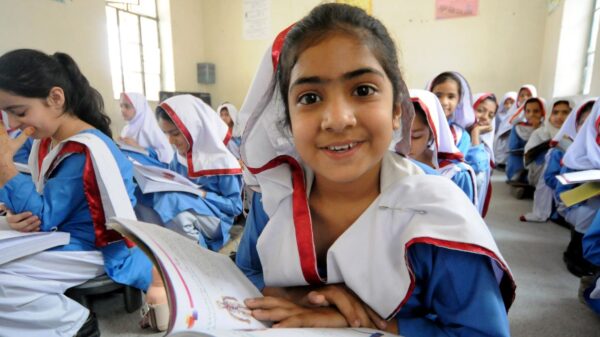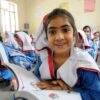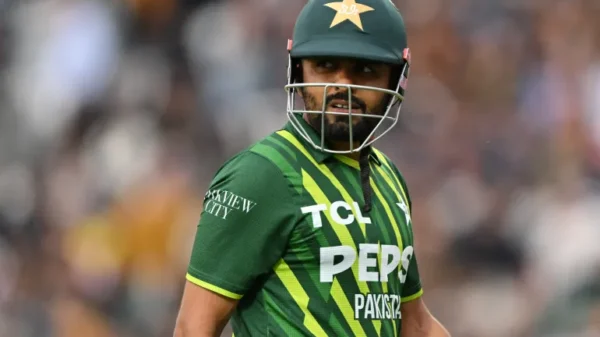Polio Cases
Pakistan’s polio count for the ongoing year has surged to 21 after Khyber Pakhtunkhwa (KP) confirmed its first case, while two additional children were diagnosed with the disease in Sindh and Balochistan.
These new cases highlight the persistent threat of poliovirus in the country, particularly in under-vaccinated areas.
The latest cases were detected in a 15-month-old boy from Killa Abdullah, Balochistan, a three-year-old boy from Karachi’s Keamari district, and a nine-month-old girl in KP’s Mohmand district.
The virus, which primarily targets children under the age of five, is most dangerous to those who are malnourished or have weakened immune systems due to incomplete or non-existent vaccination against polio and other childhood diseases.
Poliovirus is a highly contagious illness that invades the nervous system, leading to paralysis and, in some cases, death. While there is no cure for the disease, vaccination remains the most effective defense.
It is critical for children to be fully vaccinated to prevent its spread, especially in polio-endemic countries like Pakistan and Afghanistan.
Despite significant government efforts to eradicate polio, Pakistan continues to grapple with the virus. Although the overall number of cases has decreased substantially over the years, the persistence of the disease in various provinces reflects ongoing challenges in achieving total eradication.
In response to the growing number of cases, Prime Minister Shehbaz Sharif launched a special anti-polio campaign on September 8, aimed at protecting children and eliminating the virus.
As part of the campaign, approximately 286,000 polio workers were mobilized to vaccinate around 30 million children under the age of five in a door-to-door immunization drive, which ran from September 9 to September 15.
Additionally, in August, the Sindh government initiated its own 10-day polio immunization campaign to target vulnerable areas. Despite these efforts, the virus continues to spread across provinces.
Islamabad, for instance, reported its first polio case in 16 years, when the Regional Reference Laboratory for Polio at the National Institute of Health detected the type 1 (WPV1) variant of the virus in a child from Union Council Rural 4 on September 6.
Balochistan remains the hardest-hit region, with 14 confirmed polio cases this year. Sindh has reported four cases, while Punjab, Islamabad, and KP have each registered one case.
Following the detection of the first polio case in KP, Chief Minister Ali Amin Gandapur took swift action, directing the health secretary to suspend the district health officer (DHO) and the Expanded Programme on Immunisation (EPI) coordinator responsible for the affected area.
He also announced that the KP government would provide medical treatment and support to the polio-affected girl from Mohmand.
The government’s efforts to eradicate polio, through consistent vaccination drives and rigorous follow-up measures, continue to be critical in the battle against this debilitating disease.
However, ongoing challenges in immunization and public health infrastructure underline the need for sustained vigilance and support to protect future generations from poliovirus.
I am a dynamic professional, specializing in Peace and Conflict Studies, Conflict Management and Resolution, and International Relations. My expertise is particularly focused on South Asian Conflicts and the intricacies of the Indian Ocean and Asia Pacific Politics. With my skills as a Content Writer, I serve as a bridge between academia and the public, translating complex global issues into accessible narratives. My passion for fostering understanding and cooperation on the national and international stage drives me to make meaningful contributions to peace and global discourse.










